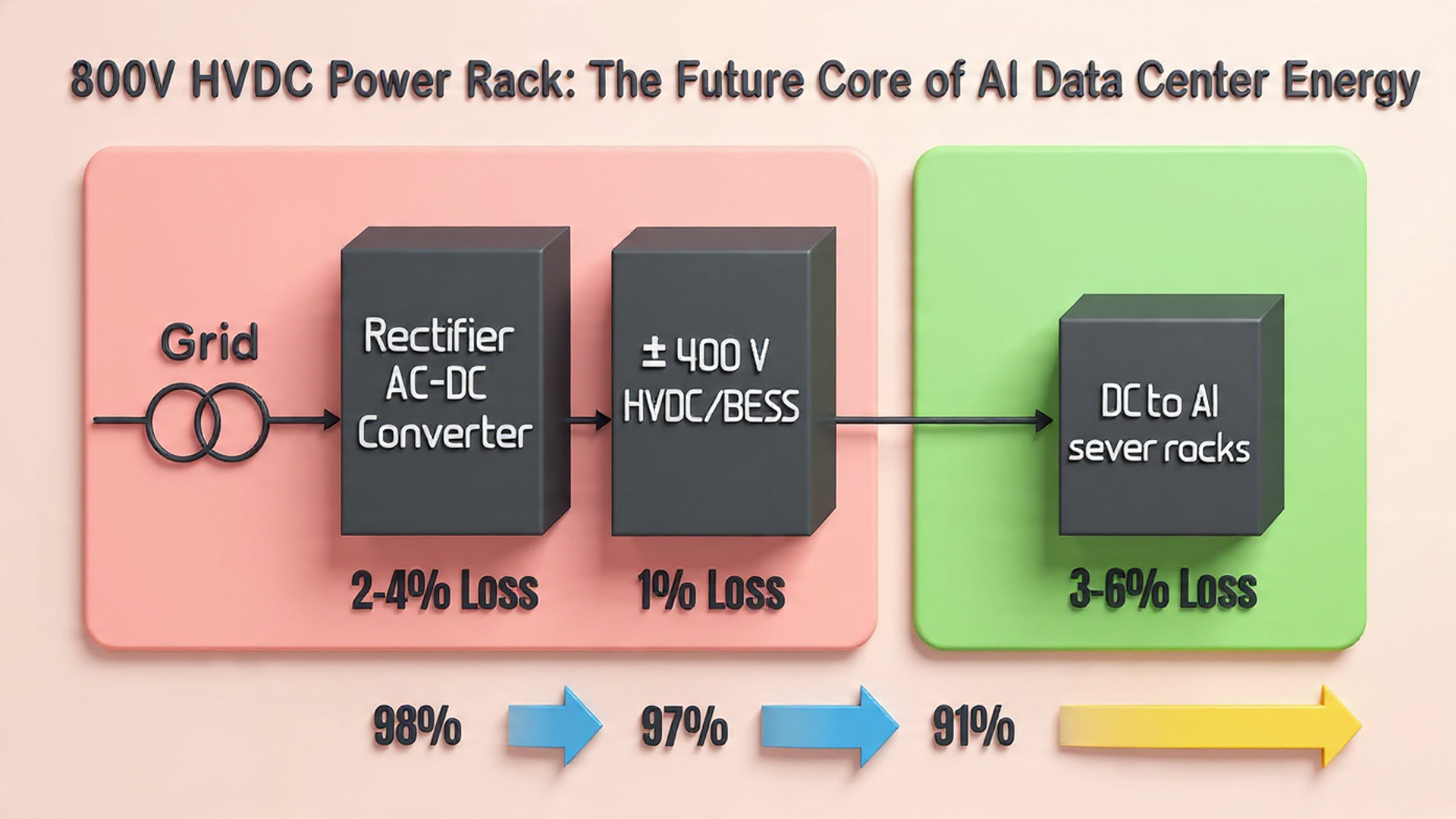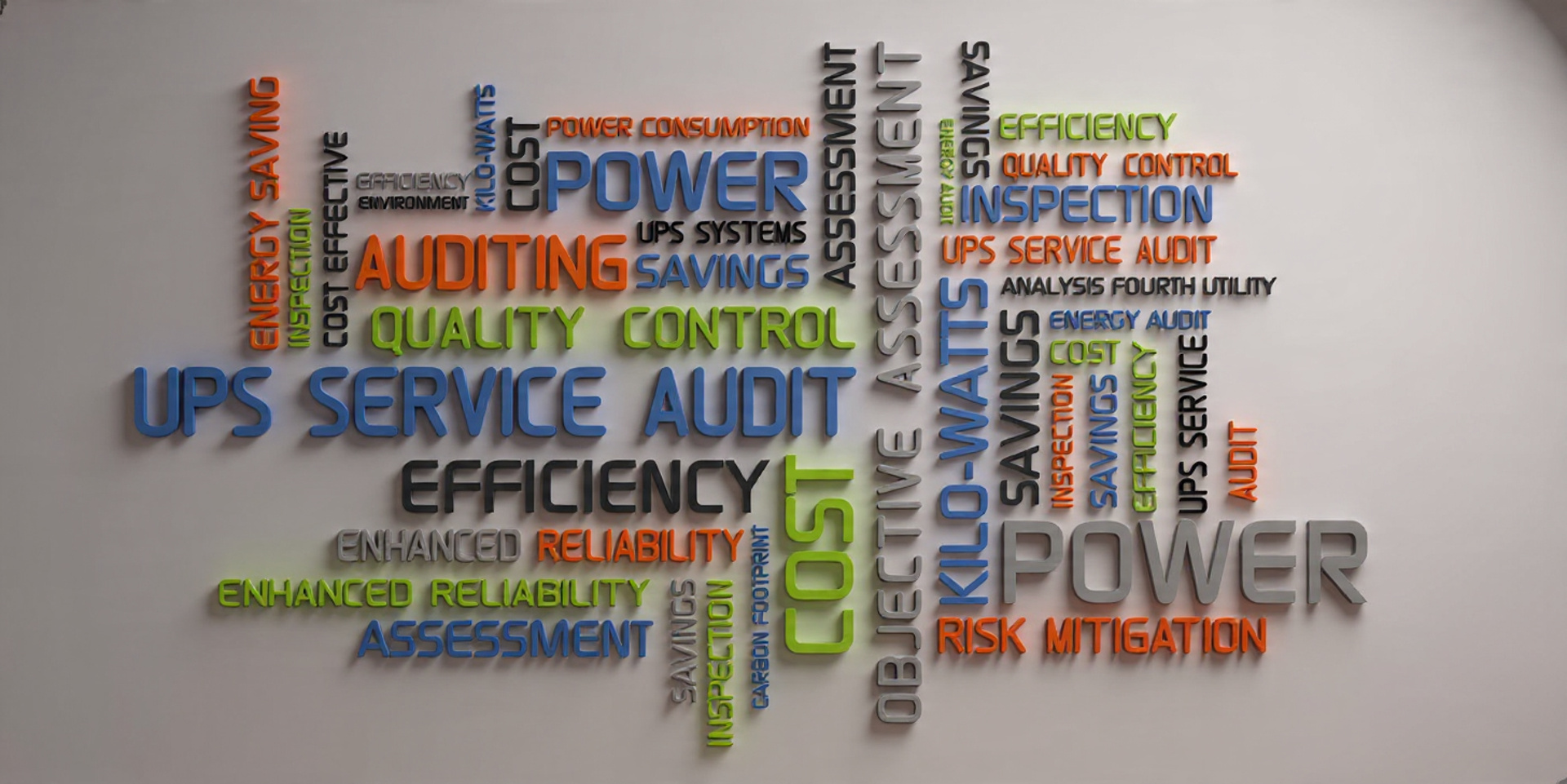Battery Energy Storage Systems (BESS) offer several advantages when integrated into grid power systems. These advantages can benefit both grid operators and consumers. Here are some of the key advantages of using BESS in grid power:
1- Grid Stabilization: BESS can provide fast response times to sudden changes in grid demand or supply. They can quickly inject or absorb power to help maintain grid frequency and voltage stability. This is especially important as grids incorporate more renewable energy sources like wind and solar, which can be variable.
2- Peak Shaving: BESS can reduce peak demand on the grid during periods of high electricity consumption. By discharging during peak hours, they can help avoid the need for additional power plants, which are often less efficient and more expensive to operate.
3- Load Balancing: BESS can balance the supply and demand of electricity in real-time. This ensures that electricity generation matches consumption, reducing the need for grid upgrades and minimizing transmission losses.
4- Energy Time-Shift: BESS can store excess energy during periods of low demand or high renewable generation and release it when demand is high. This enables better utilization of renewable energy and reduces the need for fossil fuel backup power.
5- Grid Backup and Resilience: BESS can provide backup power in case of grid failures or emergencies. They can be quickly deployed to critical infrastructure like hospitals, data centers, or remote areas to ensure uninterrupted power supply.
6- Reduced Transmission and Distribution Costs: By installing BESS strategically, utilities can reduce the need for expensive transmission and distribution upgrades. This can result in cost savings for both utilities and consumers.
7- Grid Integration of Renewables: BESS can help integrate intermittent renewable energy sources, such as wind and solar, by storing excess energy and smoothing out fluctuations. This improves the reliability of renewable energy generation and reduces curtailment.
8- Voltage Support: BESS can provide voltage support by injecting or absorbing reactive power. This can help maintain voltage levels within acceptable limits and enhance the quality of electricity delivered to consumers.
9- Ancillary Services: BESS can provide various ancillary services to the grid, such as frequency regulation, spinning reserve, and black start capabilities. These services enhance the overall stability and reliability of the grid.
10- Environmental Benefits: BESS can help reduce greenhouse gas emissions by enabling the integration of more renewable energy sources and reducing the reliance on fossil fuel power plants.
11- Grid Optimization: BESS, when combined with advanced control systems and predictive analytics, can optimize the operation of the grid, leading to improved efficiency and reduced operational costs.
12- Energy Arbitrage: BESS can buy electricity during off-peak hours when prices are low and sell it during peak hours when prices are high, potentially offering cost savings to both utilities and consumers.
13- Grid Support in Remote Areas: In remote or off-grid locations, BESS can be used to stabilize and enhance the reliability of local microgrids, reducing the need for expensive diesel generators.
14-Frequency Regulation: BESS can provide frequency regulation services, quickly injecting or absorbing power to stabilize the grid's frequency, ensuring the quality of electricity delivered to consumers.
15- Fast Response Time: BESS can respond rapidly to grid disturbances, helping to maintain system stability and prevent cascading failures.
Overall, BESS play a crucial role in modernizing and improving the resilience, reliability, and efficiency of grid power systems, making them an essential component of the evolving energy landscape.







